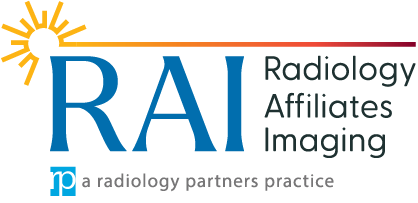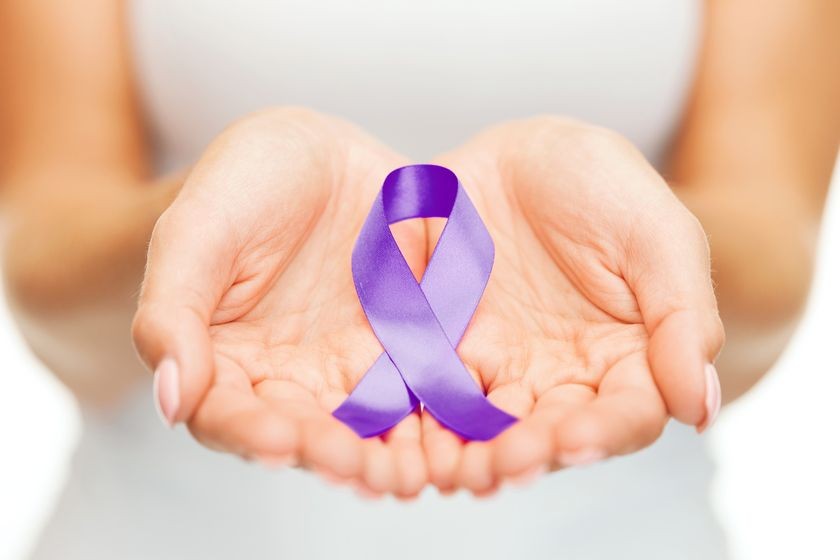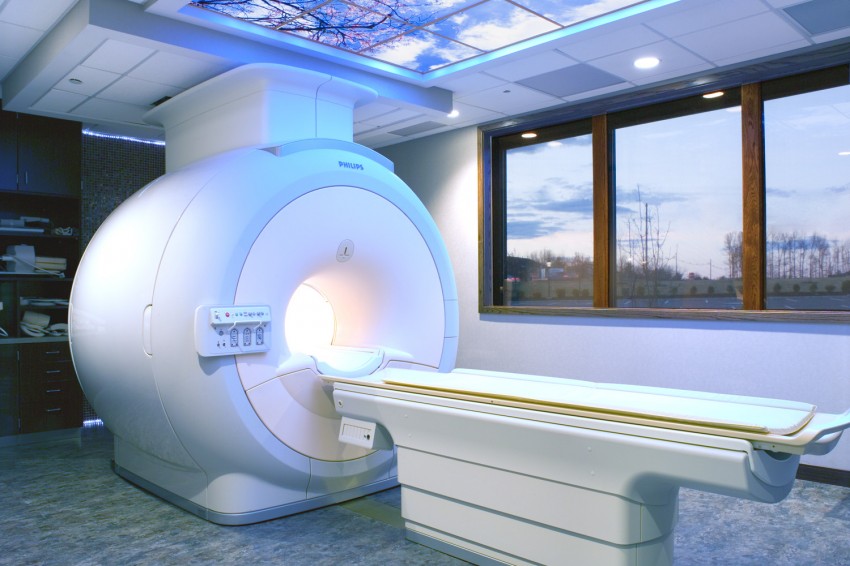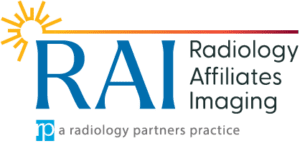
Do You Have Stomach Cancer? Are You Scared that You Might? Here is What You Need to Know

Have you or someone you know been diagnosed with stomach cancer? Are you concerned that you have stomach cancer? Here is what you need to know.
As its name implies, stomach cancer is a type of cancer, which is a group of unhealthy cells that grow rapidly. Cancer is a progressive disease, which means it grows worse. Cancer progresses in stages. Doctors define these stages according to how far the cancer has spread. Stage I stomach cancer affects only the stomach. Stages II and III mean the stomach cancer cells have spread to nearby tissue or lymph nodes. In stage IV, the stomach cancer cells have spread to tissues or organs far away from the stomach.
Like other cancers, stomach cancer can be malignant or benign. Malignant means the cancer cells can spread, or metastasize, to organs and tissues in other parts of the body. Benign tumors do not metastasize to other organs.
The good news is that stomach cancer is much less common these days. Stomach cancer was the leading cause of all cancer deaths until the 1930s, according to the American Cancer Society. Today, stomach cancer is the third leading cause of cancer deaths.
Types of Stomach Cancers
There are many different types of stomach cancers. Here are some of the most common types and a little information about each.
Adenocarcinoma
About 90 to 95 percent of all stomach cancers are adenocarcinomas. This type of cancer starts in the mucosa, which are a layer of cells that form the innermost lining of the stomach.
Lymphoma
Lymphoma affects tissue of the immune system, which protects your body. There are several types of lymphoma, such as non-Hodgkin’s lymphoma, which can affect the stomach. Treatment and outlook for lymphoma depends on the type of lymphoma.
Gastrointestinal stromal tumor (GIST)
GIST tumors are rare. They start in specific cells in the wall of the stomach, known as the interstitial cells of Cajal. These cells work as the gut’s “pacemaker” by the contraction of the smooth muscles that push food and stool along your digestive tract. Some GIST tumors may be benign or malignant. While this type of tumor can develop anywhere along the digestive tract, most occur in the stomach.
Carcinoid tumor
These cancers start in the stomach cells responsible for making certain hormones. Carcinoid tumors are usually benign, so the stomach cancer cells do not spread to other organs.
Other cancers
Other types of stomach cancers are rare. These include squamous cell carcinoma, small cell carcinoma, and leiomyosarcoma.
Symptoms of Stomach Cancer
Many people with stomach cancer do not experience symptoms in the early stages of the disease. When symptoms of early stomach do develop, they include:
- Feeling very full while eating
- Difficulty swallowing, a condition known as dysphagia
- A sensation of being bloated after meals
- Frequent belching (burping)
- Heartburn
- Persistent indigestion
- Stomachache, or pain in your breastbone
- Trapped wind
- Vomiting, which may be bloody
These symptoms may worsen as stomach cancer progresses. Other symptoms may appear in later stages of stomach cancer. These symptoms include:
- A buildup of fluid in the stomach, known as ascites
- Anemia, or low red blood cell count
- Black stools containing blood
- Fatigue
- Loss of appetite
- Weight loss
Certain factors increase your risk for developing stomach cancer. You are more likely to develop stomach cancer if you are male, according to the American Cancer Society, or use tobacco. Eating large amounts of smoked foods, pickled vegetables, and salted fish and meat, can increase your risk of developing stomach cancer, as the body can turn the nitrates and nitrites in these foods into compounds shown to increase the risk of stomach cancer in lab animals.
If you have ever had an H pylori infection, you may be at higher risk for stomach cancer. H pylori is a type of bacteria that can lead to chronic inflammation of the stomach lining; it can also lead to pre-cancerous changes in the cells of the stomach.
Age is a risk factor too, as there is a sharp increase in the incidence of stomach cancer in people over the age of 50 and most people diagnosed with this type of cancer are between the ages of late 60s and 80s.
Since stomach cancer tends to develop in older adults, people over the age of 55 with persistent indigestion should consult with a doctor. This is especially true for people who have a family history of stomach cancer, a condition known as Barrett’s esophagus, inflammation of the stomach known as gastritis, or a history of stomach ulcers.
Testing and Treatment for Stomach Cancer
Diagnosis for stomach cancer begins with a review of your personal and family health histories and a comprehensive physical evaluation. Your doctor will go over your symptoms and your risk factors. The physician may order tests to rule out other conditions, such as ulcers, as the cause of your symptoms.
Your doctor may order an Upper GI. Prior to the test, you will drink a thick barium solution. Radiologists will then use x-rays and other imaging techniques to watch the barium move through your stomach. The test helps doctors see any tumors in your stomach.
Treatment for stomach cancer may include surgery to remove the cancerous cells along with chemotherapy or radiation to kill any remaining cells.
For more information about stomach cancer, speak with your doctor. Early detection and advanced treatment methods can extend life and improve chances of survival.




